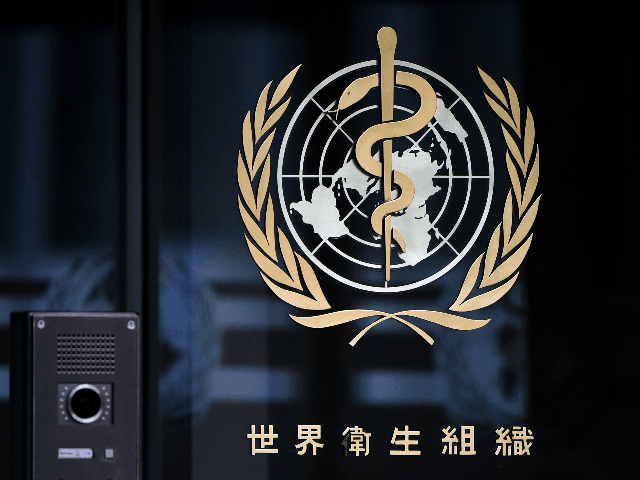The World Health Organization (WHO) has asked Britain to pause vaccinations once at-risk groups are inoculated, so doses can be “fairly distributed” overseas.
Despite a near-consensus among liberal media and health experts that Britain’s decision to opt-out of the European Union’s vaccine programme and manage its own situation would be a disaster, the island nation has in fact managed to approve vaccines, secure orders, and begin mass vaccinations long before the 27-nation bloc and many other countries, possibly offering a light at the end of the tunnel for a citizenry struggling under lockdown and long-term separation from friends and family.
But Margaret Harris, a spokeswoman for the United Nations’ World Health Organization, is now asking the British government to pause vaccinations after the clinically vulnerable and key groups such as health workers are taken care of, diverting resources elsewhere in the name of fairness and, supposedly, the global economy.
“We’re asking all countries in those circumstances to do that: ‘hang on, wait for those [in other countries]’,” said Harris in a BBC interview quoted by STV News.
“We’ll also appeal to all the people of the UK – you can wait,” she continued.
“We’re asking countries, once you’ve got those [high risk and health care worker] groups, please ensure that the supply you’ve got access to is provided for others,” Harris added.
Such a move would be a boon not only for the third world but for the European Union, which has found itself increasingly embarrassed at the way Britain is leaving it behind.
Indeed, many national governments in the bloc making their own arrangements as it attempts to make up for failings in its central procurement programme by threatening to seize UK-purchased vaccines made in the EU, even announcing a hard border between the Republic of Ireland and British Northern Ireland in order to restrict vaccine movements — a move which was quickly reversed after it caused a major row between Brussels and the Irish government, as well as British politicians in London and Belfast.
The WHO spokeswoman suggested that diverting vaccines from British citizens was not just “morally clearly the right thing to do, it’s also economically the right thing to do.”
“There have been a number of very interesting analyses showing that just vaccinating your own country and then sitting there and saying ‘we’re fine’ will not work economically,” she claimed.
“That phrase ‘no man is an island’ applies economically as well.
“We in the world, we’re so connected and unless we get all societies working effectively once again, every society will be financially effected.”
Whether or not the “very interesting analyses” seen by Harris account for the negative impact of sending vaccines overseas and potentially prolonging lockdown for local businesses such as pubs and restaurants as a result was not made clear in the interview.
The contribution of the WHO to the coronavirus pandemic is a source of some debate, with many — including the former Trump administration in the United States — believing that it has been incompetent at best and more concerned with providing cover for the Chinese Communist Party than saving lives at worst.
Former U.S. Secretary of State Mike Pompeo accused WHO director-general Tedros Adhanom Ghebreyesus of having been “bought” by China, while President Donald Trump said the UN agency was “literally a pipe organ” for its communist regime.
Tedros, a Marxist politician from Ethiopia, has said criticism of him is rooted in racism and an insult to Africa and “the black community”, and blamed Taiwan — which warned the WHO about the coronavirus in December 2019 to no avail — for much of it.

COMMENTS
Please let us know if you're having issues with commenting.